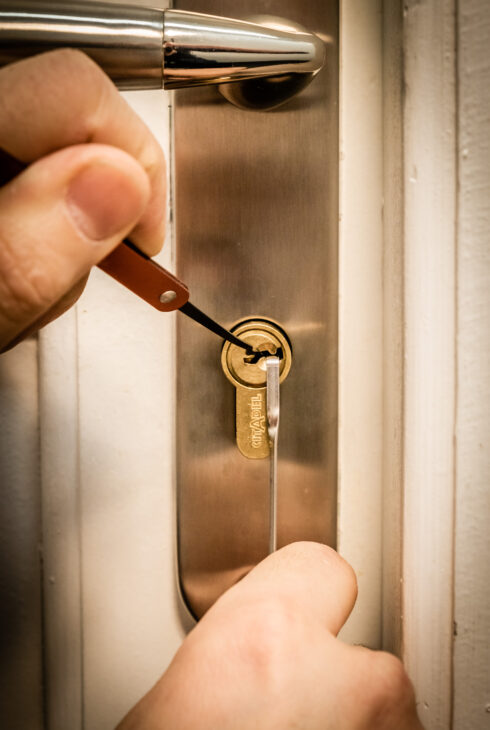Training programs

This course, taught by leading experts in the field, encourages critical thinking about the discipline of forensic science—also known as criminalistics—and highlights the importance of probabilistic reasoning, as uncertainty is an inherent part of the field. Its goal is to promote sound administrative management of forensic science within the criminal justice system. The course is structured around several well-known cases that either led to, or could have led to, miscarriages of justice. Professors Christophe Champod, Franco Taroni, Alex Biedermann, and Tacha Hicks of the School of Criminal Justice at the University of Lausanne revisit these cases, illustrating how forensic interpretation can decisively influence judicial outcomes.
This training is offered by the University of Lausanne and is easily accessible via the online platform Coursera.
There are methods that allow physical locks to be opened without the legitimate key, leaving no visible signs of damage. These techniques are often used by offenders who aim to minimize any trace of their intrusion.
A conventional forensic examination—looking for marks left by tools such as screwdrivers, tension wrenches, locking pliers, or crowbars—will not detect such methods, which can lead to the mistaken conclusion that no break-in occurred. In reality, “non-destructive” entry techniques leave behind microtraces. Knowing where and what to look for makes it possible to precisely determine the type of attack a lock has undergone, even when it is non-destructive. Identifying these subtle traces can provide valuable investigative insight and help establish the suspect’s intrusion profile.
This course, combining theory and hands-on practice, is taught by Mr. David Elkoubi, an expert in covert entry and intelligence technologies, and a certified expert to the Court of Appeal of Chambéry, France. It is organized in collaboration with him by the School of Criminal Justice at the University of Lausanne.
